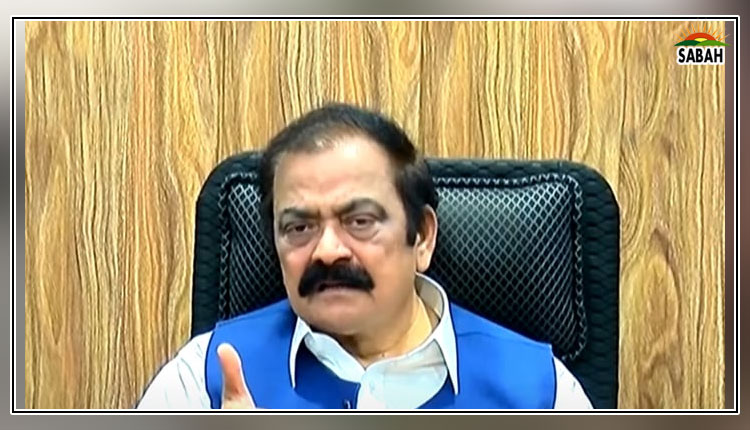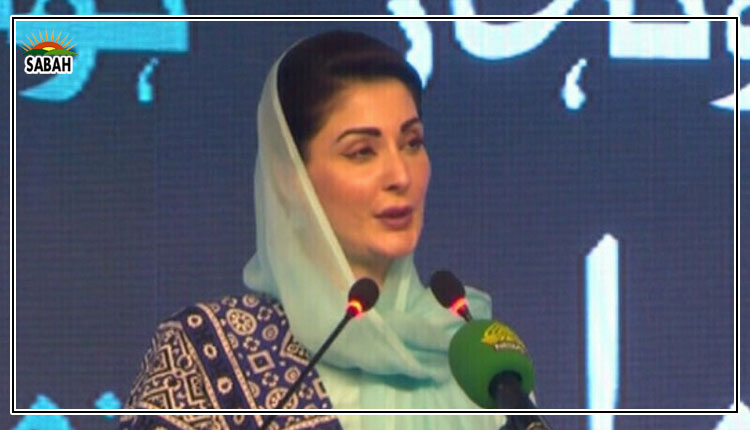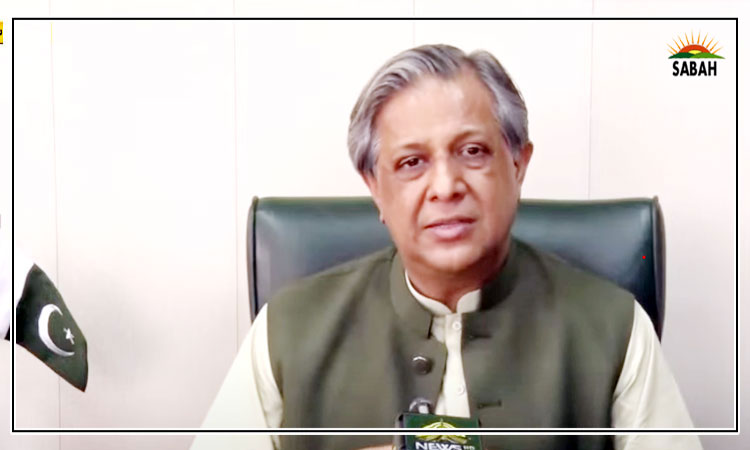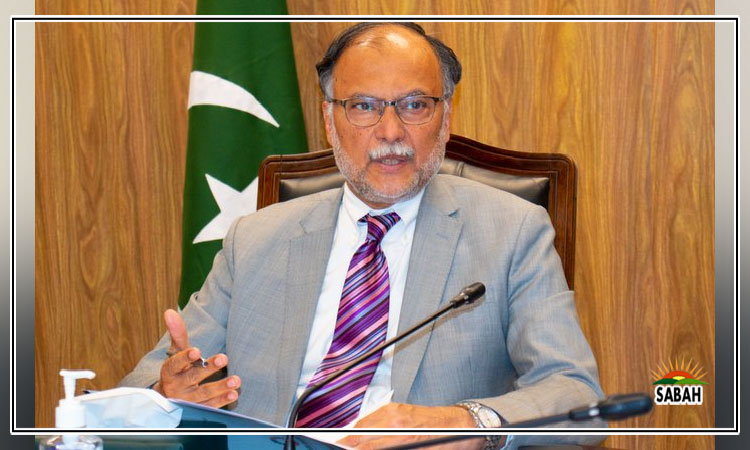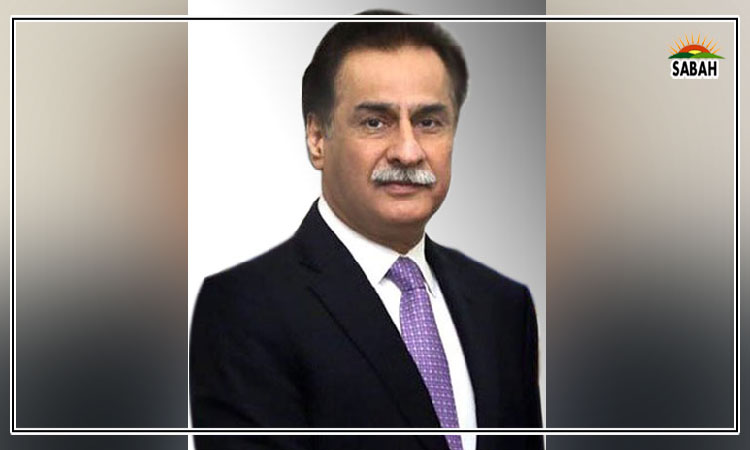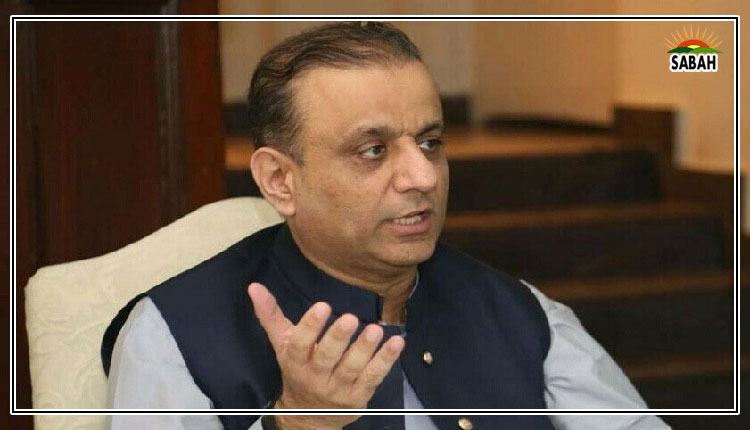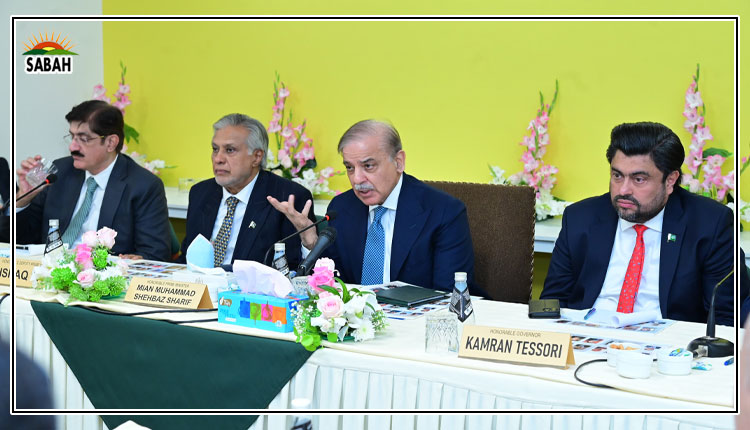The COP28 agenda…Zile Huma
The annual Climate Change Conference (COP28) under the United Nations Framework Convention will be held in the UAE at the end of 2023 to steer the global efforts to mitigate and adapt to climate change to the next level.
Global leaders will gather to review the progress made on various targets set to achieve to deal with climate change. The six major areas of climate change will be focused during the negotiation process this year.
A big goal achieved during COP27 was the establishment of the Loss and Damage Fund, which was a demand made by developing /underdeveloped nations from rich countries for the reparations of damages faced by developing nations due to climate disasters caused by the unchecked carbon emissions of the developed world. It was decided in COP27 to set 2023 as a timeline for the operationalization of the newly established Fund.
In this regard, the time duration between COP27 and COP28 is significant to determine the procedures and functions of the Fund to make announcements about its operationalization at the upcoming COP28. Many important aspects like fund collection, distribution mechanism and maintenance of transparency will be negotiated during COP28.
Operationalization of the fund by the given deadline will also determine the seriousness of rich-nation polluters regarding acceptance of their mistakes and willingness to repatriate. It will further create an optimistic approach for accomplishing other agendas of the conference.
Another important progress made during COP27 was the UNs $3.1 billion plan to achieve the targets of the Early Warning for All initiative by 2027. These early warning systems will bolster countries ability to prepare for hazardous weather. COP28 will analyze the developments made with regard to its implementation. This system will enable nations to be better prepared for any natural disasters and minimize the losses caused by them.
Assessing the progress made by nations to achieve the ambitious targets of phasing out carbon emissions and attaining net-zero mentioned in the national determined contributions (NDCs) submitted will be an important discussion at the upcoming climate conference.
The EU has set its target of reducing greenhouse gas emissions to at least 55 per cent below the 1990 levels by 2030. The UK has made pledges to reduce its greenhouse gas emissions by 100 per cent from the 1990 levels by 2050. The US and China plan to achieve similar targets by 2050 and 2060 respectively. Unless concrete steps are taken to eliminate carbon emissions, the target to keep global temperatures below the 1.5 C pre-industrial level in the Paris Agreement cannot be fulfilled.
COP28 will also play an important role to review the progress of countries made to achieve these ambitious targets and ask them to practically take steps to realize them. Only moral policing through repeated reminders to rich polluters to meet their targets of zero carbon emissions is not enough to ensure that the targets are achieved within the given timeline. It is high time for this forum to introduce a mechanism of political, diplomatic and economic sanctions to involve stakes of rich nations if they fail to fulfil their commitments.
The key findings of the global stocktake a process started at COP-26 will be presented at COP28. The process is aimed at collecting and reviewing the efforts made by signatories of the Paris Agreement to achieve its overall objectives and goals. The global stocktake will enable nations to see where they are lagging. A road map will be devised in light of the findings of the global stocktake during COP28 to work on missing targets.
During COP28, countries will also debate on increasing climate finances to support vulnerable, undeveloped/developing countries to mitigate and adapt to climate change. According to the Green Climate Fund, $12 billion have been collected and 216 projects have been initiated. Out of these 216 projects, 80 per cent are being implemented, making 912.4 million people climate-resilient.
But the initial goal to collect $100 billion annually in the Green Climate Fund is still far from reality, which is a major financial barrier for vulnerable countries to escape climate-led disasters. So, the aim will be not only to encourage developed nations to increase their finances for the Green Climate Fund but also to evaluate the progress and effectiveness of projects under implementation.
Also, a two-year work programme to translate the Global Goal of Adaptation into concrete actions was launched at COP26. Now the two years will be completed at COP28, and the report will be submitted and discussed. The nations will review the further actions required to accelerate the process of adaptation.
Besides these points, other items on the COP28 agenda include climate justice, gender sensitivities and the role of youth in fighting against climate change. Countries will discuss these important topics and agree upon some rapid steps to inculcate young peoples role in climate change and serve climate justice in negotiations. Overall, COP28 will be an important global forum to track developments made by nations on some important areas of climate change.
Courtesy The News



